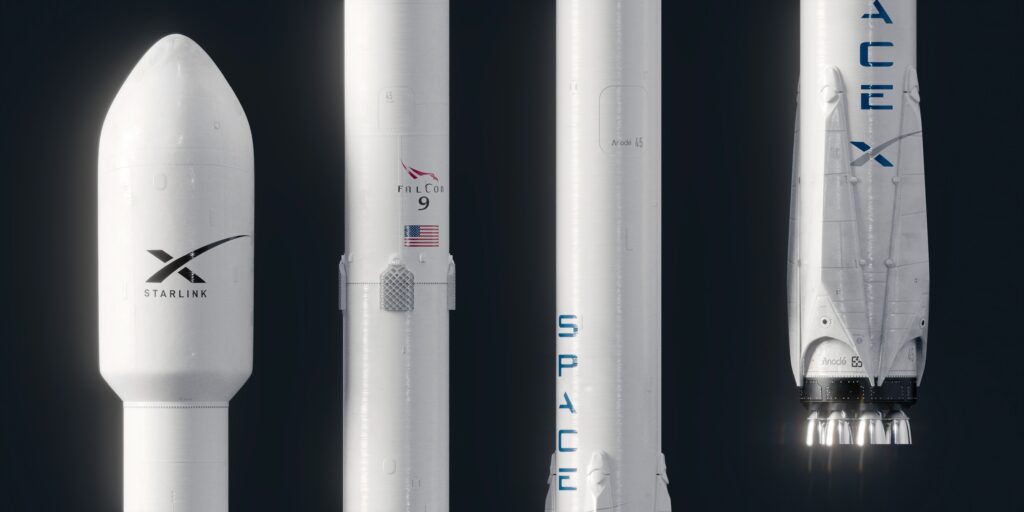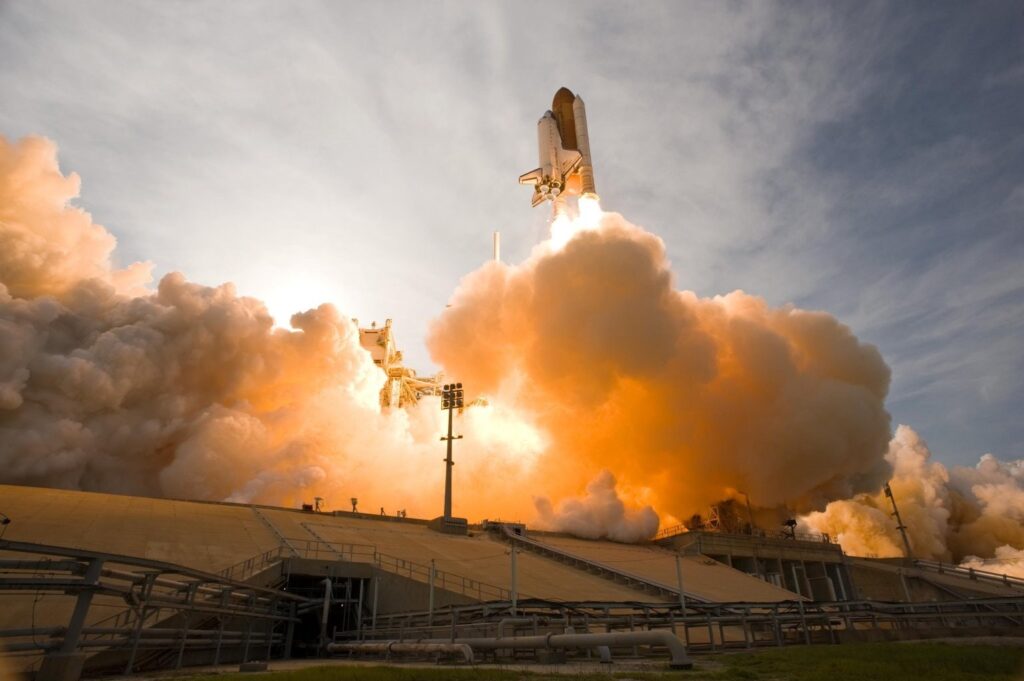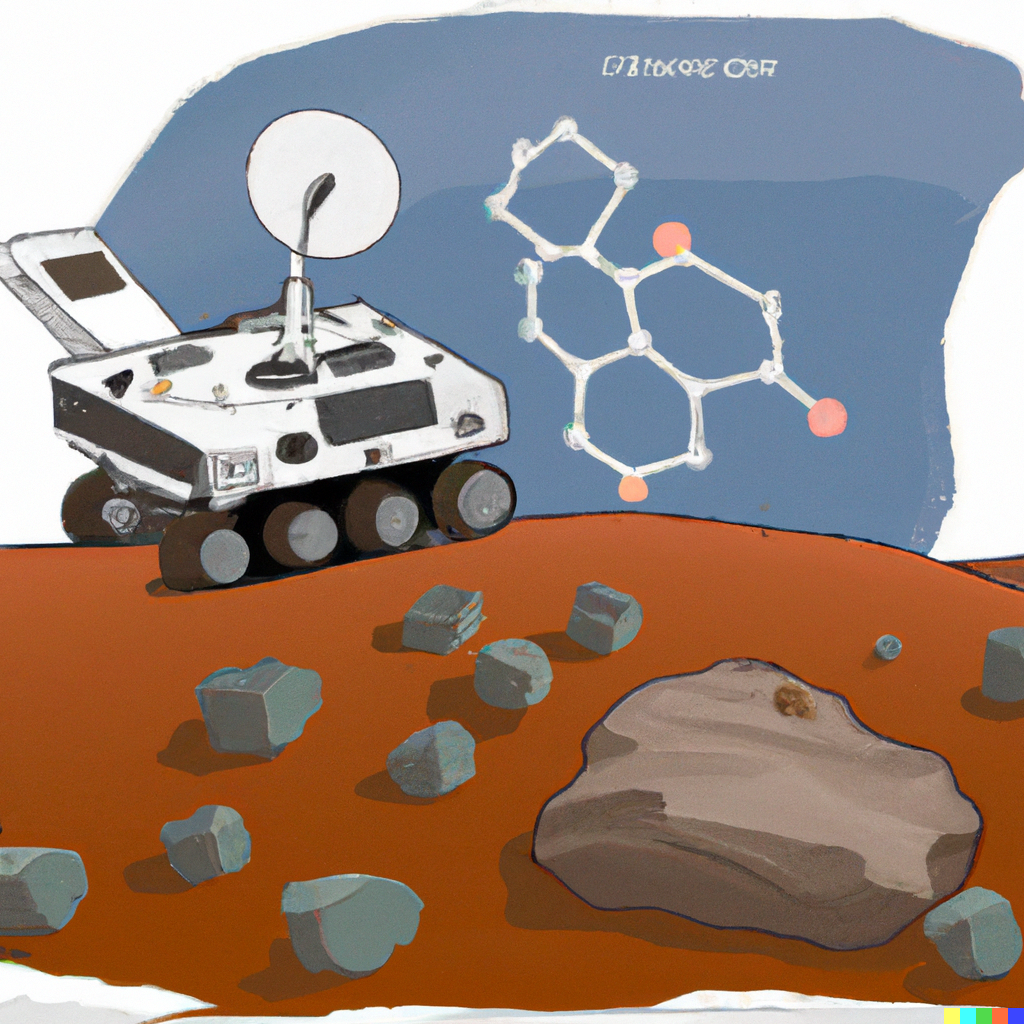Tonight (July 9), SpaceX is poised to establish a groundbreaking reusability record as a Falcon 9 rocket takes center stage. Witness the event live as a SpaceX Falcon 9 rocket, carrying 22 of SpaceX’s cutting-edge Starlink internet satellites, prepares to launch from Cape Canaveral Space Force Station in Florida at 8:36 p.m. ET (0036 GMT on July 10). This will mark the unprecedented 16th mission for the rocket’s initial stage, as confirmed by SpaceX.
To catch the launch action, you have the option to tune in live here at Squaredtech.co, courtesy of SpaceX, or directly via the company’s platform. Coverage is set to commence approximately five minutes ahead of liftoff.
Assuming all unfolds as planned, the booster will embark on another landing adventure in the Atlantic Ocean, just off the coast of Florida. Roughly 8.5 minutes following liftoff, it will gracefully touch down on the deck of the SpaceX drone ship, Just Read the Instructions.
Simultaneously, the Falcon 9’s expendable upper stage will continue its mission to transport the 22 Starlink satellites to low Earth orbit. These satellites, known as “V2 Minis” represent an upgraded and more robust iteration of SpaceX’s broadband spacecraft.
In fact, they surpass their predecessors in size, with approximately 50 of them fitting within the confines of a Falcon 9. However, compared to the final V2 satellites, weighing in at 1.25 tons (1.1 metric tons), these “mini” versions will accompany SpaceX’s colossal, next-generation Starship vehicle during future launches.
In February, SpaceX relayed via Twitter that the “V2 minis” incorporate crucial technologies such as enhanced phased array antennas and the use of E-band for backhaul. These advancements enable each satellite to provide approximately four times the capacity of earlier iterations.
The Falcon 9 first stage participating in Sunday’s mission most recently took flight in December 2022. Notably, it has completed 15 prior journeys, including Demo-2, which represented SpaceX’s inaugural crewed mission that transported two NASA astronauts to the International Space Station in 2020.
While this booster showcases remarkable reusability, it is not alone in its achievements. Another Falcon 9 first stage has accumulated 15 flights, and several others have successfully launched 14 times.
If all proceeds according to plan, Starship will revolutionize flight capabilities. As the most powerful rocket ever constructed, this colossal vehicle is designed to be fully reusable.
SpaceX’s founder and CEO, Elon Musk, has expressed that both stages of Starship will possess the ability to undertake multiple flights within a single day.



